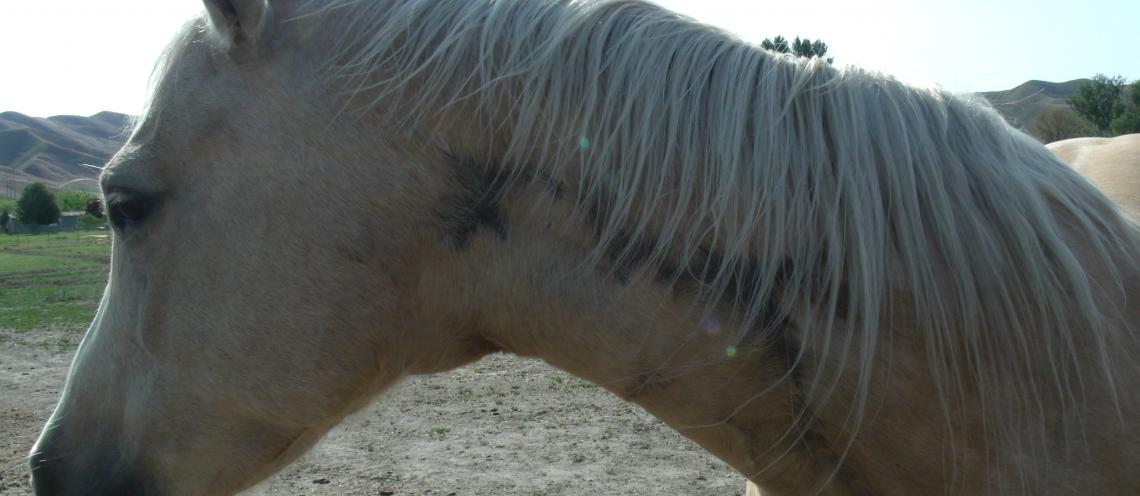
Veterinary Viewpoints: Horses and snake bites
Monday, November 2, 2015
Whether standing in the pasture or riding a trail, horses are susceptible to snake bites.
Snake venoms can vary by species and many factors affect the severity of the bite.
Here are some things horse owners can take into consideration in case of snake bites.
Snake venom often contains substances that affect the overall health of your horse. Specifically, snake venom can cause digestion and breakdown of tissues and blood vessels. Venom can impair blood clotting or damage the heart. Some might even contain neurotoxins.
Common locations for snake bites in horses are the lower legs and the muzzle. Factors that influence the severity of the bite include:
- Snake species
- Size of the snake
- Age of the snake
- Recent feeding history of the snake
- Number of bites received
- Time of year
In the horse, the severity of the bite can be related to the size and age of the horse as well as the location of the bite. In addition any concurrent medical conditions the horse has and any drugs the horse is receiving may weigh in on how severe the bite is to the horse’s overall health.
So how do you know if your horse has been bitten by a snake when it was out of your sight?
Signs may occur within minutes or be delayed for hours. These might vary depending on the snake species, dose of venom received, location of the bite and other factors.
You may see paired puncture wounds with a small amount of blood. If the bite occurs on the face, there may be painful, rapid swelling of the nose.
Horses are obligate nasal breathers — they cannot breathe through their mouth. If the nasal passages swell significantly, the horse may suffocate. Bites on the muzzle constitute a veterinary medical emergency.
If your horse’s nose starts to swell, lubricate a short section of garden hose and pass it into the nostril. This will keep the airway open while you wait for veterinary attention.
There are several treatment options for snake bites. These include administration of anti-venom. A tracheostomy may be placed for horses with trouble breathing. Some horses may require fluids given in the vein to treat shock. Frequently horses are administered anti-inflammatory and pain medications. Horses may also receive tetanus protection and antibiotics.
Snake venom can remain in the horse longer than one might think and it can damage the heart muscle. This damage may or may not be permanent. A recheck by your veterinarian can determine if permanent damage has occurred and when the horse is safe to ride again.
Whatever you do, DO NOT attempt to suck out the venom, use a tourniquet or use ice or heat at the snake bite site. Contact your veterinarian immediately and follow his/her instructions for the safety of your horse.
Nearly 10 years ago, equine veterinarians at Oklahoma State University’s Veterinary Medical Hospital treated Barbie, daughter of a three-time world champion roping horse, for a snake bite and consequential medical problems using an unconventional method. OSU veterinarians used maggot therapy to treat Barbie’s hard-to-heal wounds.
At the time of discharge, Barbie had received three maggot therapy treatments.
Nearly 10 years later, Barbie’s owners report she is a big, strong, healthy horse.
by Lyndi Gilliam, DVM, MS, PhD, DACVIM
Veterinary Viewpoints is provided by the faculty of the OSU Veterinary Medical Hospital. Certified by the American Animal Hospital Association, the hospital is open to the public providing routine and specialized care for all species and 24-hour emergency care, 365 days a year.
